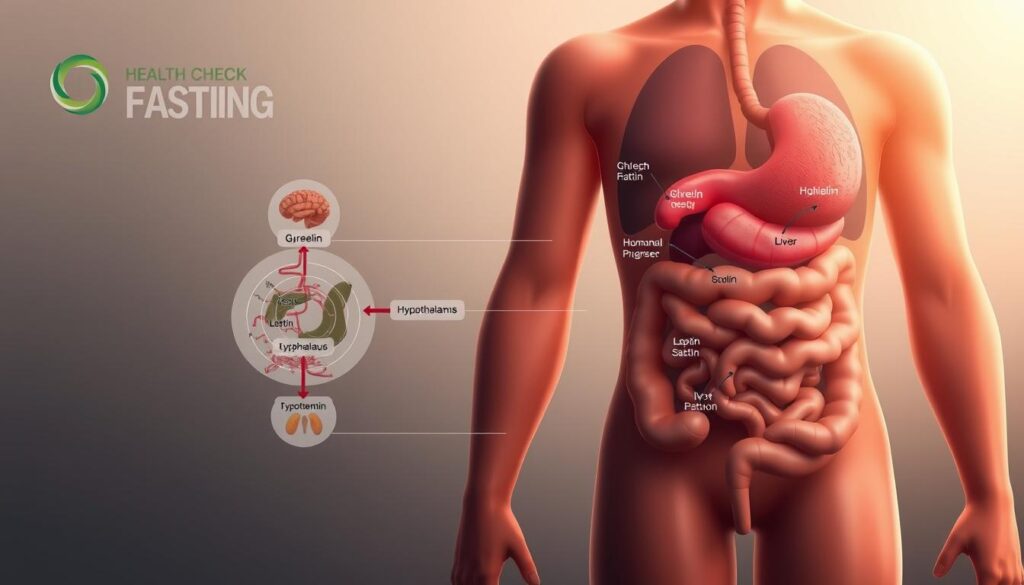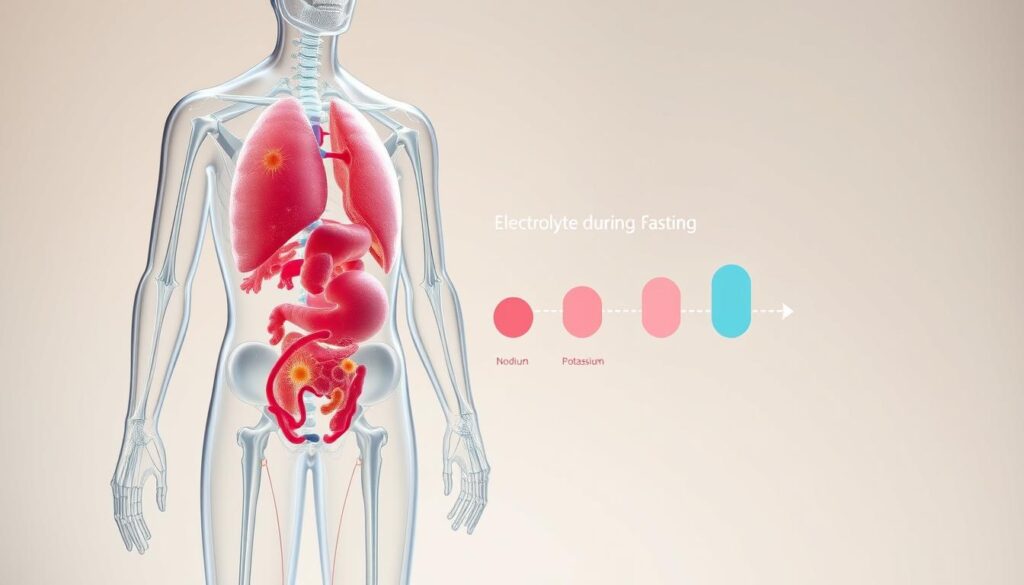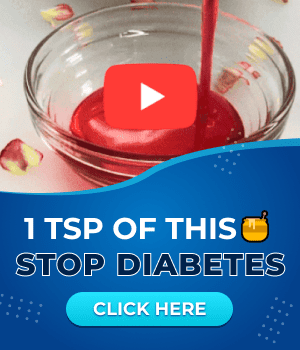
Do you find it hard to stop hunger cravings while fasting? You’re not alone. Fasting can be tough, especially for beginners. Wondering how to beat hunger and reach your weight loss goals?
Drinking water, coffee, and tea can help with hunger. Apple cider vinegar and chewing gum work too. By adding these tips to your routine, you can manage hunger better. This way, you can reach your goals and feel better.
Fasting is more than just not eating. It’s about living a healthy lifestyle. Adding exercise and eating well can make fasting even better. It helps you feel better and stay focused.
Key Takeaways
- Drinking water, coffee, and tea can help curb hunger while fasting
- Using apple cider vinegar and chewing gum can also be effective in reducing hunger pangs
- Incorporating fasting tips, such as staying hydrated and getting enough sleep, can help you manage hunger cravings
- A balanced diet and regular exercise can help support your fasting journey
- Learning how to stop hunger cravings while fasting is an important step in achieving your weight loss goals
- With the right approach, you can overcome hunger cravings and unlock the full potential of fasting
- Combining fasting with healthy habits, such as mindfulness and self-care, can help you achieve lasting results
Understanding Hunger Cravings During Fasting
When you start fasting, your body changes a lot. Hormones that make you feel hungry are released. Understanding Hunger Cravings During Fasting is key to managing these cravings. It’s a common challenge, but you can beat it with the right strategies.
Hunger pangs usually go away after about 48 hours of fasting. This is when your body starts using fat for energy instead of glucose. This change helps you feel less hungry, making fasting easier.
To handle hunger cravings, drink plenty of water and eat nutrient-rich foods before fasting. Foods high in fiber, like legumes and fruits, keep you full longer. Also, doing some physical activity, like walking, can help reduce hunger and boost your mood.
By Understanding Hunger Cravings During Fasting and using good strategies, you can reach your fasting goals. You’ll feel more focused, manage your weight better, and be healthier overall.
The Science Behind Fasting and Hunger
When you fast, your body changes a lot. This affects how hungry you feel and how your body uses energy. It’s important to know about these changes to fight hunger cravings.

Fasting can make you hungrier because of a hormone called ghrelin. It also lowers a hormone called leptin that makes you feel full. But, knowing about fasting and hunger can help you manage hunger and reach your fasting goals.
How Fasting Affects Your Body
Fasting can make your body use energy differently. This can make you hungrier and crave food more. But, you can fight these feelings with the right strategies. Understanding fasting and hunger is key to managing hunger and reaching your fasting goals.
Hormones Involved in Hunger
Hormones like ghrelin and leptin control hunger. Knowing how they work helps you manage hunger. This knowledge is vital for making good choices about fasting and getting the best results.
Tips to Manage Hunger During Fasting
Managing hunger during fasting can be tough. But, there are ways to make it easier. Drinking lots of water is a great tip to manage hunger during fasting. It helps you feel full and can reduce hunger.
Eating high-fiber foods before fasting can also help. Foods like fruits, veggies, and whole grains slow down digestion. They make you feel full longer. Plus, getting enough protein is key. It helps keep hunger away.

Drinking herbal teas like peppermint or ginger can also help. So can black coffee. They make you feel less hungry and keep you hydrated. Always listen to your body. If you feel dizzy or sick, it’s okay to stop fasting.
By using these tips to manage hunger during fasting, you can make fasting easier. Stay focused on your goals. Always put your health first. If you need help, don’t be afraid to ask.
Choosing the Right Fasting Method
When it comes to fasting and appetite control, picking the right method is key. There are many fasting methods out there. It’s important to find one that fits your life and needs. Choosing the Right Fasting Method means looking at your schedule, what you like to eat, and your health.
Popular fasting methods include intermittent and continuous fasting. Intermittent fasting is when you eat and then don’t eat for a while. It’s known for helping with weight loss and better insulin use. But, it might not work for everyone, especially those with health issues or special diets.

- 16/8 method: fasting for 16 hours and eating during an 8-hour window
- 5:2 method: restricting calorie intake to 500-600 calories on two non-consecutive days of the week
- Alternate-day fasting: alternating between days of normal eating and days of calorie restriction
Always talk to a doctor before starting a new fasting plan, especially if you have health problems. Bychoosing the right fasting method and listening to your body, you can make fasting work for you.
The Role of Electrolytes in Fasting
Electrolytes like sodium, potassium, and magnesium are key in fasting. They help with fluid balance, nerve function, and muscle work. When fasting, these levels drop fast because we don’t eat. This can cause tiredness, headaches, and hunger, making fasting hard.
To fight hunger while fasting, knowing about electrolytes is key. Electrolyte imbalance makes hunger worse. Eating foods like avocados, nuts, and seeds helps. You can also use supplements like tablets or powders.
Here are some tips for keeping electrolytes balanced during fasting:
- Drink lots of water to stay hydrated
- Eat foods rich in electrolytes before fasting
- Use electrolyte supplements like tablets or powders

By using these tips and knowing about electrolytes, you can fight hunger. Remember, keeping electrolytes balanced is key for a good fasting experience.
| Electrolyte | Daily Recommended Intake |
|---|---|
| Sodium | 1500 mg |
| Potassium | 3400 mg (men), 2600 mg (women) |
| Magnesium | 420 mg (men), 320 mg (women) |
Timing Your Meals to Reduce Cravings
Managing hunger during fasting is key. Strategic meal planning helps a lot. Plan your meals ahead to eat foods that keep you full longer.
This way, you can avoid cravings and stay on your fasting plan.
Studies show that hunger management during fasting depends on when you eat. Eating at set times keeps your energy steady and hunger away. For instance, a study found that eating later makes you hungrier than eating earlier.

- Eat meals at regular times to keep your energy stable
- Add high-fiber foods and lean proteins to your meals for fullness
- Don’t eat too late to avoid hunger and help with weight loss
Using these tips in your fasting routine helps manage hunger. Remember, Timing Your Meals to Reduce Cravings is important for fasting success. With some planning and practice, you can get better at managing hunger during fasting.
Distraction Techniques for Fasting
Distraction techniques can help you feel less hungry while fasting. They keep your mind and body busy. This makes fasting easier.
Doing physical activities like exercise or stretching helps. It distracts you from hunger and supports your fasting.
Apps can also track your fasting progress. They give you motivation and support. Reading, spending time with loved ones, or deep breathing exercises can also calm hunger.
Some other ways to distract yourself include:
- Drinking sparkling water or herbal tea to feel full
- Practicing mindfulness meditation to handle hunger calmly
- Doing creative hobbies or work to distract from food cravings
- Getting enough sleep, at least 7 hours, to control hunger

Using these techniques can help you manage hunger and stay focused. Always drink water, listen to your body, and be patient with fasting.
Dealing with Psychological Aspects of Cravings
Managing hunger during a fast means looking at the mind’s role in cravings. Understanding these aspects helps you stay focused and reach your fasting goals. Emotional eating is a big challenge, especially when fasting. Knowing why you eat emotionally helps you find ways to stop it.
About 75% of overeating comes from emotional reasons, not hunger. This shows how crucial it is to tackle emotional eating. By knowing what makes you crave, you can handle it better. For instance, mindfulness meditation can really help, with many feeling less hungry.

Writing down your fasting journey can help you understand your eating. It lets you see patterns and what triggers cravings. This way, you can make smarter choices about food. Combining this with knowledge of cravings helps you manage hunger and meet your fasting goals.
Here are some tips for handling cravings’ psychological side:
- Practice mindfulness and self-awareness
- Find out what emotionally triggers you and learn to deal with it
- Keep a journal to track your progress and find patterns
- Get support from loved ones or a health expert
When to Seek Professional Help
Fasting can help improve your health. But, knowing when to ask for help is key. If you keep feeling hungry, tired, or find fasting hard, it’s time to talk to a pro.
Signs You May Need Support
Feeling hungry all the time, having trouble focusing, or feeling deprived are signs you might need help. Also, if you can’t stop thinking about food or feel moody, it’s time to seek advice.
Consulting a Nutritionist or Dietitian
Talking to a registered nutritionist or dietitian can help. They can give you tips to handle hunger and make fasting better. They’ll create a fasting plan just for you, check if you’re getting enough nutrients, and support you emotionally.
Knowing when to ask for help and taking action can help you beat hunger and reach your fasting goals. It makes fasting easier and more successful.














